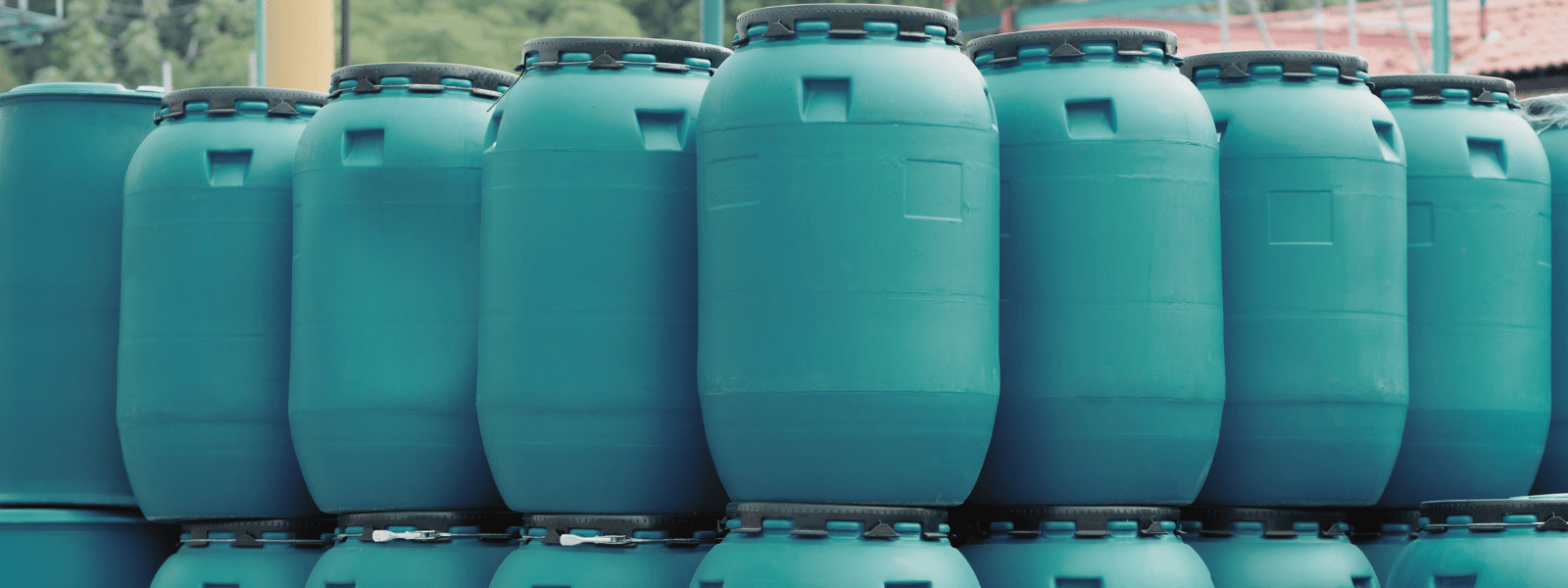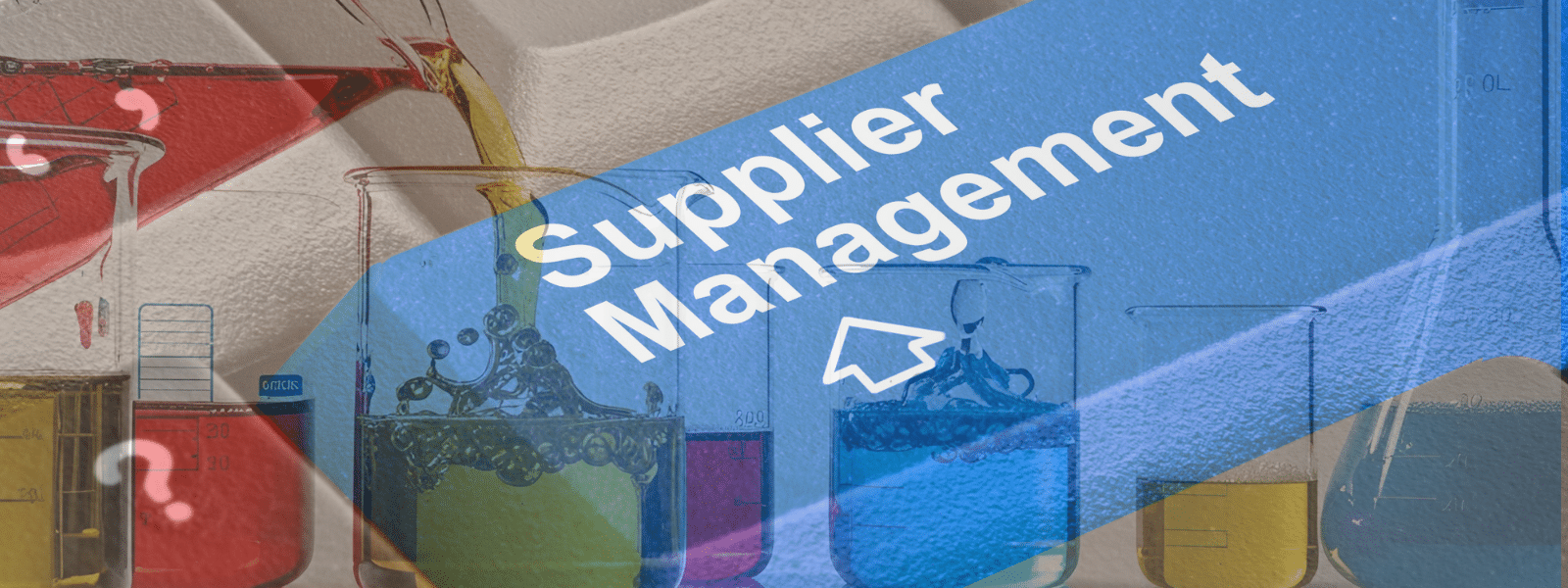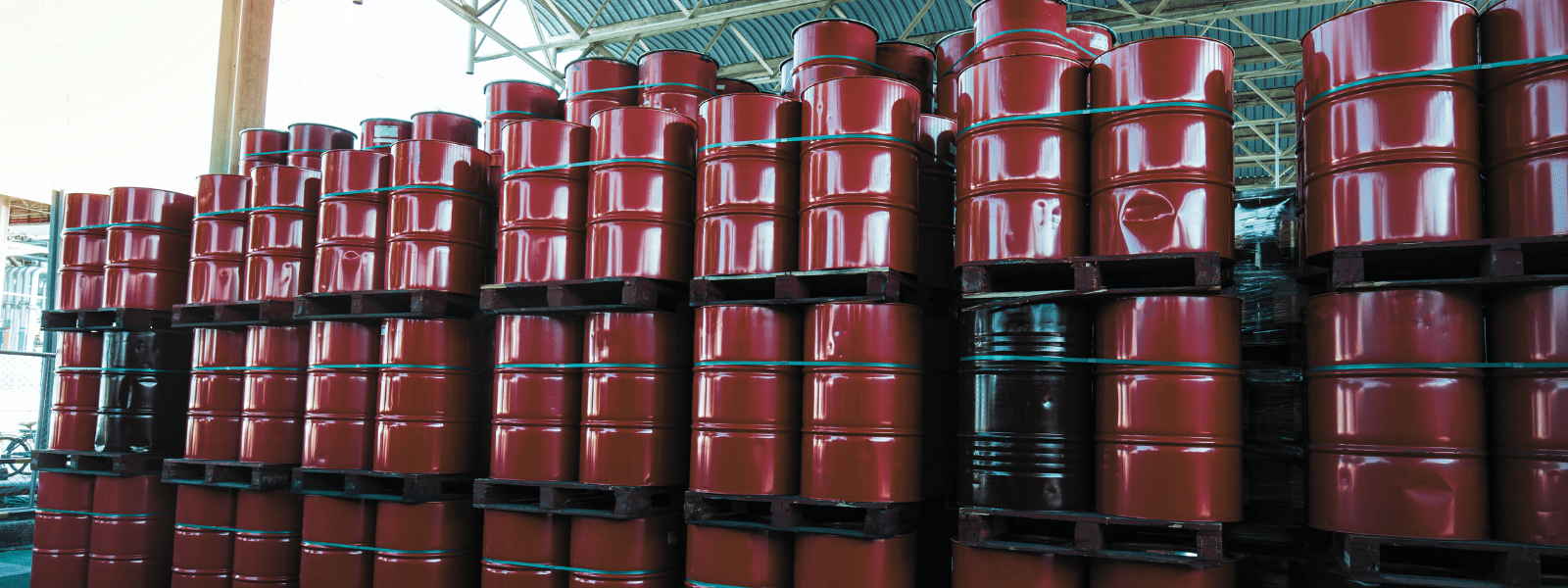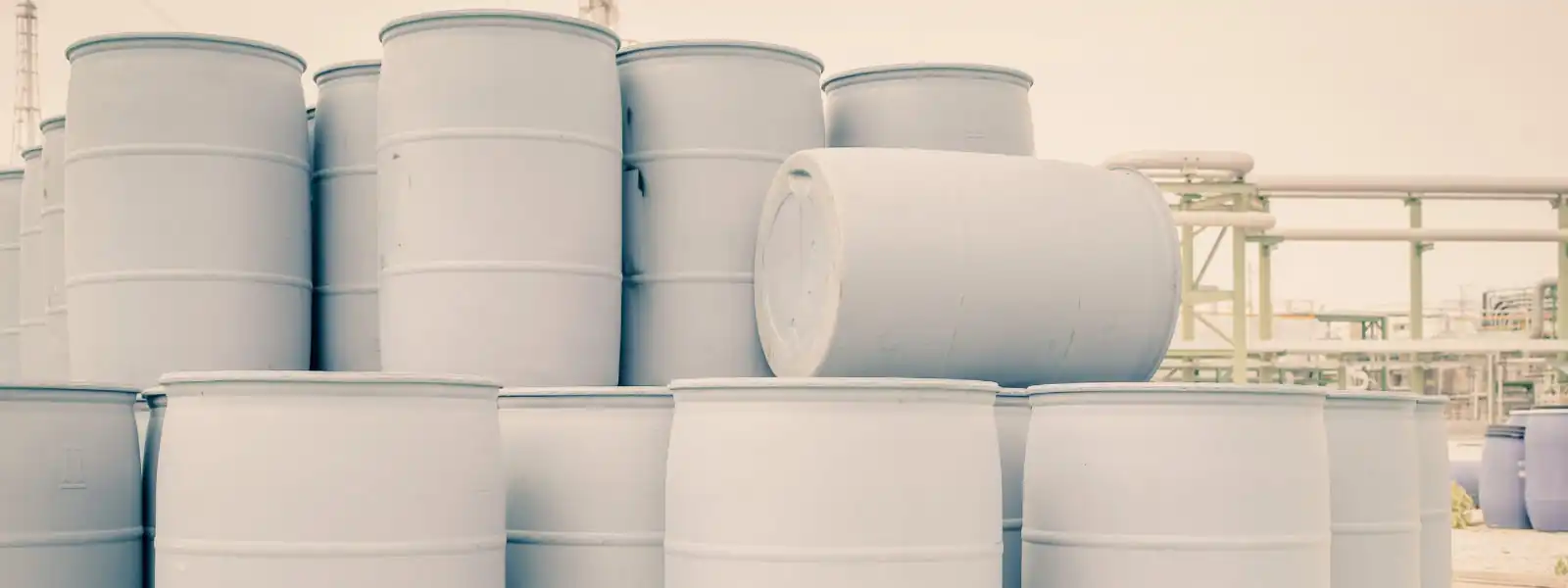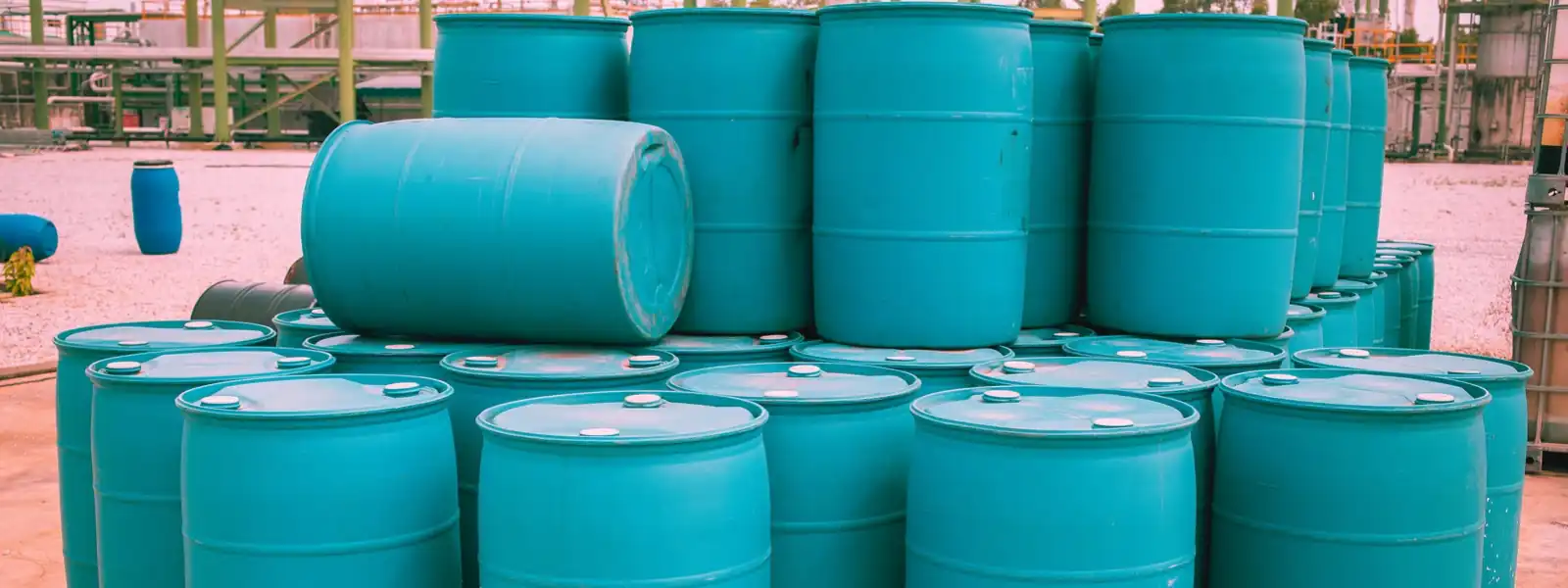Numerous industrial companies require the use of certain types of chemicals in order to clean parts, metals, and materials, so that those pieces can be utilized to perform as intended. Industrial companies rely on chemical cleaning agents for their business to thrive, because products that have not been properly cleaned can lead to serious problems, including operation malfunction, lower than expected functionality, and loss of business. In the past, because of the inherent need to clean parts and materials, people who are responsible for implementing the cleaning protocol were exposing themselves to toxic chemicals, whether knowingly and not taking the matter seriously, or unknowingly due to ignorance of the severity of these toxic chemicals. Fortunately, nowadays there is a stringent focus on not only reducing, but also eliminating the potential of harm caused from the exposure to toxic chemicals.
Reducing worker exposure to toxic chemicals is an important matter to all federal regulatory committees. The key is to expose the harmful effects of certain chemical compounds, and alert companies using these chemicals that their business must find alternative sources of chemicals for cleansing materials. Unfortunately, some of these businesses can be stubborn, and will either delay or refuse the transition to another cleaning agent because they have become so accustomed to the one their company has been using, likely for years with consistent success. No matter how much success a company has had with their particular cleaning agent, there is no excuse to allowing workers to endanger themselves by handling toxic chemicals. It is important to explain to these business that, first, it is illegal to ignore the mandates set forth by regulatory committees regarding the stoppage of any use of cleaning chemicals deemed toxic.
The next step is to explain to these businesses that remarkable strides have been made in creating chemical cleaners that are not hazardous to the health of those who come into contact with them, and can clean as efficiently and effectively as traditional cleaners. Companies exist, such as Ecolink, that have performed countless hours of research and development that have led to the solutions that reduce worker exposure to toxic chemicals. Ecolink has identified cleaning agents that can clean as efficiently, if not more efficiently than conventional cleaners made up of toxic chemicals.
It is recommended that, if you are a part of an industrial business that needs cleaning solutions for your parts, metals, and materials, that you contact Ecolink so one of their professionals can help you make the transition to a safer chemical solution that cleans as effectively as the agent currently used by your company. Make the change, and become a part of the movement that many companies have joined that reduces worker exposure to toxic chemicals. In doing so, you not only will be protecting your workers and the environment, but you will likely even save money – view our product list today.






